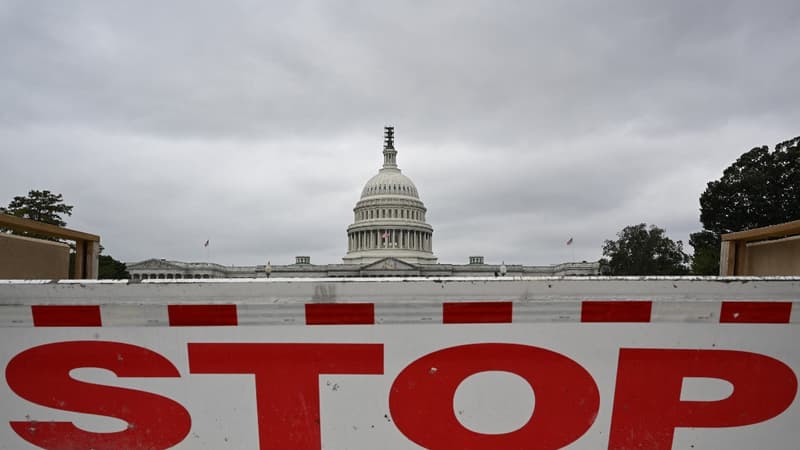A prolonged shutdown of the federal government in the United States, amid a budget impasse between Republicans and Democrats in Congress, could slow economic growth in the fourth quarter, although much of the activity would recover once operations return to normal.
Economists estimate that the shutdown reduces annual inflation-adjusted gross domestic product growth by 0.1 to 0.2 percentage points per week. The shutdown, now in its third week, would mainly hit consumer spending and the productivity of federal employees, about 700,000 of whom are laid off while nearly as many are working without pay, potentially forcing households to postpone shopping.
Many federal employees are expected to miss their first full paycheck on Friday. The White House indicated that retroactive pay was not guaranteed once the shutdown ended. President Donald Trump’s administration has fired some suspended officers. State contractors have also been sent home and generally do not receive compensatory wages.
Undistributed food stamps
“There will be an impact on the economy,” said Gregory Daco, chief economist at EY-Parthenon. “This is not going to push the economy into a recession, but the longer this situation lasts, the greater the losses will be for Federal Reserve employees who may have had to cut spending because they have not been paid or because, although they expect back pay, they are simply being more careful in managing their finances.”
Congress sometimes approves annual funding for certain federal departments, as was the case before the 2018-2019 shutdown, when much of the administration was funded. This time, no department received funding, with broader ripple effects beyond federal employees.
Although active-duty military personnel were paid last week, media reports said some were allegedly underpaid. Several states, including New York and Texas, have warned that food stamps, which low-income households rely on to supplement their budgets, would no longer be available if the shutdown extends into November. In Pennsylvania, the local government indicated that food stamp payments would end as of October 16.
$800 million in new federal contracts at risk
Similar views have been expressed by the Congressional Budget Office, a bipartisan agency, whose latest assessment says the negative effects on the economy “will be temporary” but “will intensify in the event of a prolonged shutdown.” During the 34-day shutdown that began in late December 2018, the longest on record, GDP growth slowed sharply in the fourth quarter before recovering again between January and March.
The financial markets have so far paid little attention to the “closure”, which has nevertheless had repercussions both for companies benefiting from public contracts and for those awaiting authorizations or certifications. According to Oxford Economics, $800 million in new federal contracts risk being disrupted for each business day of shutdown in October, with potentially negative effects on the labor market.
Bernard Yaros said delayed public spending could be made up once operations return to normal, but a prolonged shutdown increases the risk that some contractors will never recover all the revenue lost during the budget impasse.
Source: BFM TV


